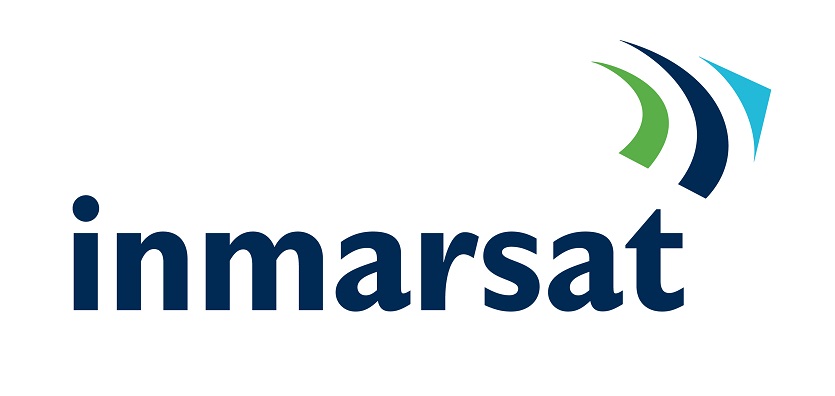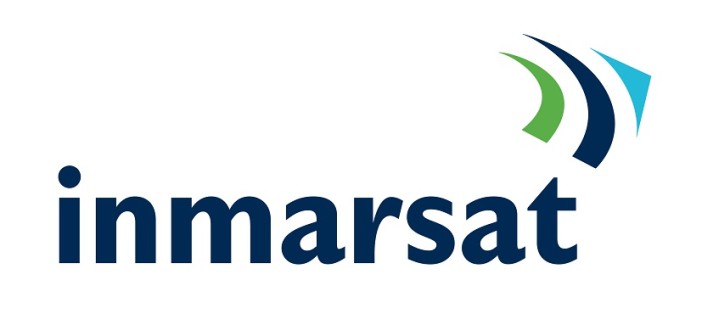
Delivers significant increase in Global Xpress capacity for airline passenger wi-fi, maritime connectivity and government customers across Europe and Middle East
GX5 heralds start of unprecedented enhancement in overall capacity and capabilities of GX network
Seven further advanced GX payloads planned over next four years
Inmarsat, the world leader in global, mobile satellite communications, has confirmed the successful launch of GX5, the fifth satellite in its Global Xpress (GX) fleet. The satellite was lifted into orbit by an Ariane 5 launch vehicle from the Ariane Launch Complex No. 3 (ELA-3) in Kourou, French Guiana. GX5 is scheduled to enter commercial service in early 2020 and deliver additional, focused broadband capacity over Europe and the Middle East.
“I am delighted to confirm the successful launch of GX5, the next exciting step in the story of Global Xpress, which has already become the gold standard of worldwide mobile satellite broadband,” said Rupert Pearce, CEO, Inmarsat. “This marks the first of eight launches in the coming four years that will grow our world-leading services to meet rapidly-expanding demand, connecting people around the world to reach their full potential. GX5 will also continue to ensure that Inmarsat’s thousands of Global Xpress customers remain at the cutting-edge of global connectivity technologies as their needs evolve.
“My thanks go to the team at Inmarsat, as well as at our partners Thales Alenia Space and Arianespace, for their tireless efforts to reach this exciting stage.
“We now move on to manoeuvring GX5 into its orbit and carrying out the necessary tests prior to its deployment early next year, delivering additional next-level high-speed broadband services to our customers in Europe and the Middle East.”
With a particular focus on aviation passenger wi-fi, the commercial maritime market and meeting growing government demand, GX5 will deliver more capacity into the region than the existing four satellites in the Global Xpress network (GX1-GX4) combined provide worldwide. Over the next four years, this new satellite will be joined by a further seven advanced GX payloads, which represent unprecedented enhancement in overall capacity and capabilities of the GX network; the world’s first and only, globally available, seamless mobile broadband network.
The satellite was built by Thales Alenia Space and launched by Arianespace at 21:24 UK time on Tuesday 26 November, 2019. Following satellite separation from the rocket at 21:58 UK time on 26 November, telemetry was successfully acquired shortly after separation and the mission is proceeding to plan.
The launch teams from Inmarsat and Thales Alenia Space will deploy the satellite’s solar panels and antenna reflectors after raising its orbit to geostationary altitude (approximately 36,000km above the Earth). They will then carry out rigorous testing and calibration before the spacecraft enters commercial service.
GX is the most successful service launch in the history of Inmarsat and remains the world’s only, globally available, ‘true’ broadband service. The company’s recent announcements of GX7, 8 & 9 and two Arctic payloads, GX10a and 10b, combined with continuing commercial success in the Maritime, Aviation, Government and Enterprise sectors, have provided fresh impetus to Inmarsat’s GX success story.
In less than four years, GX has established itself as the benchmark for reliable communications across the fastest growing sectors for mobile connectivity. The further seven GX payloads scheduled to launch over the next four years will further extend Inmarsat’s global leadership in true broadband services, which are supported by the company’s network of world leading technology, manufacturing and channel partners.
For more information on GX5 visit www.inmarsat.com/gx5
For more information on Global Xpress visit www.inmarsat.com/service-group/global-xpress
For more information on Inmarsat’s satellites visit www.inmarsat.com/about-us/our-technology/our-satellites






